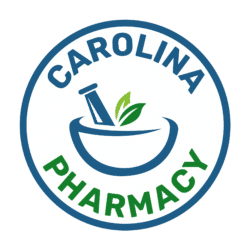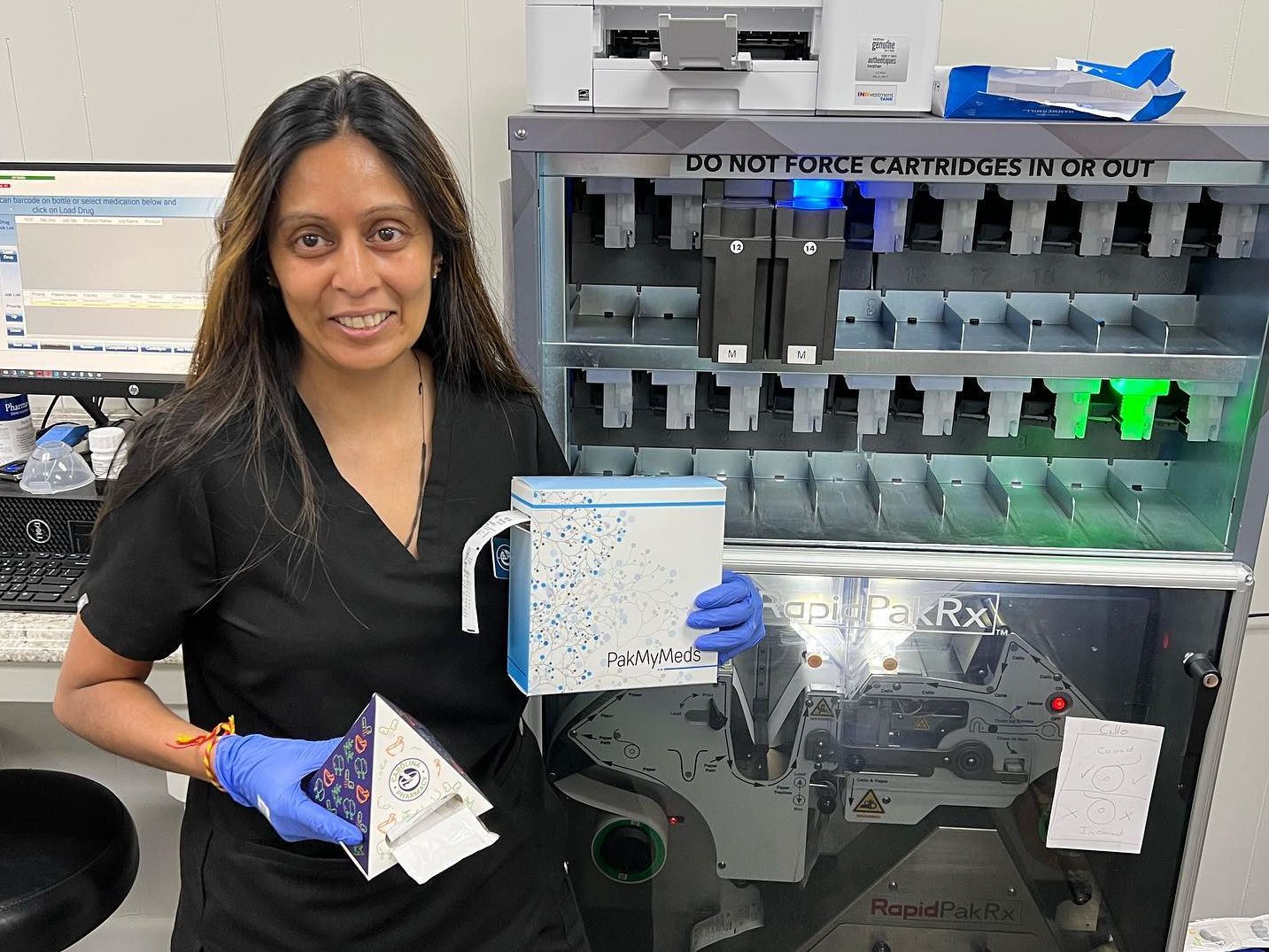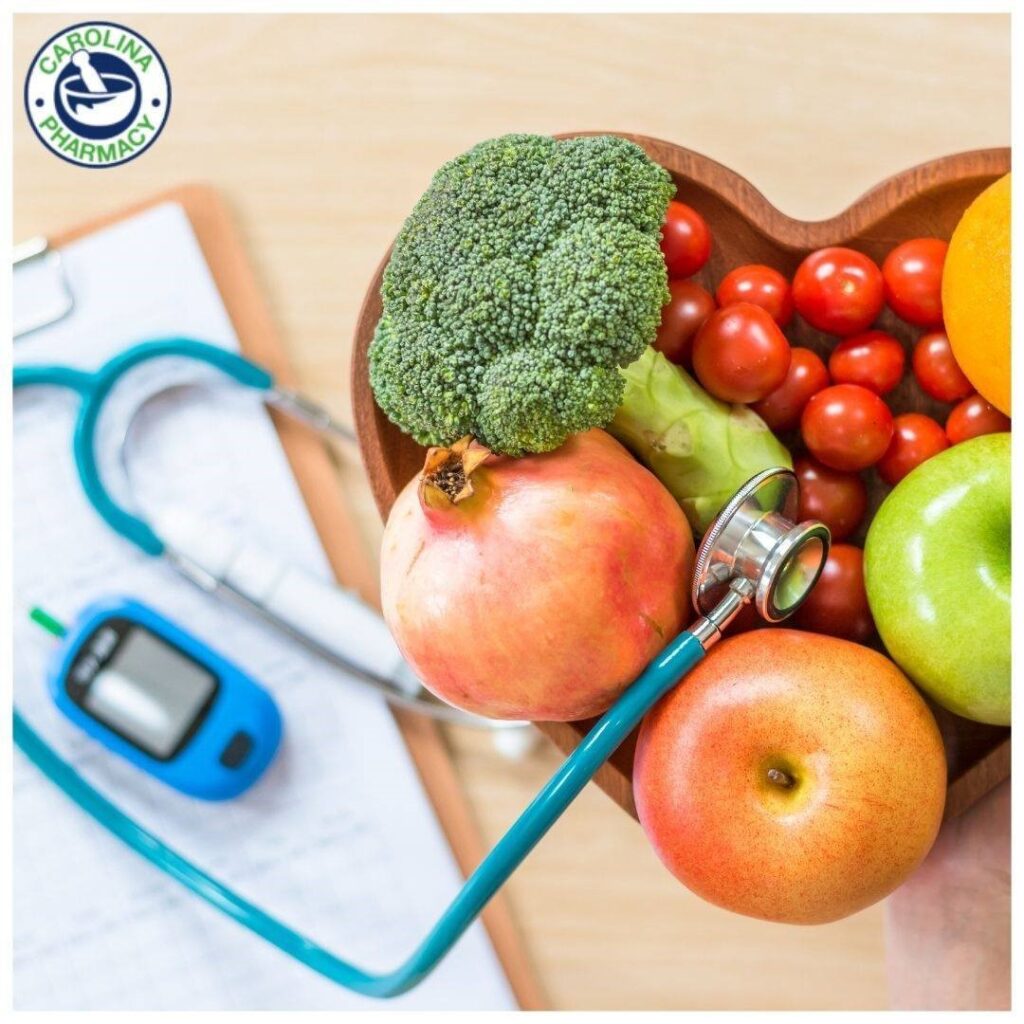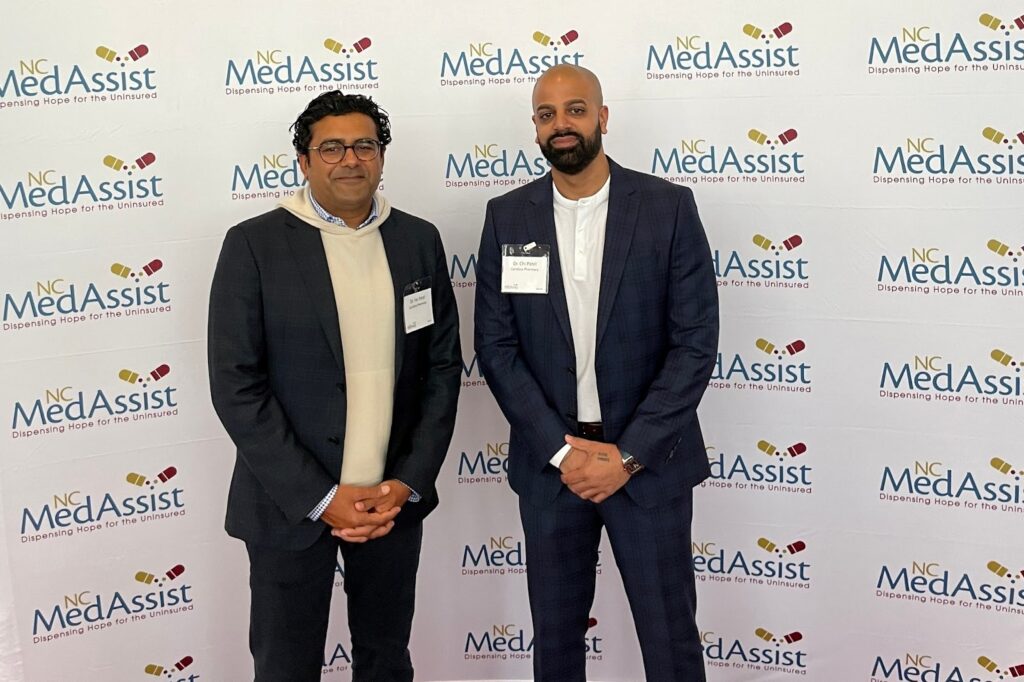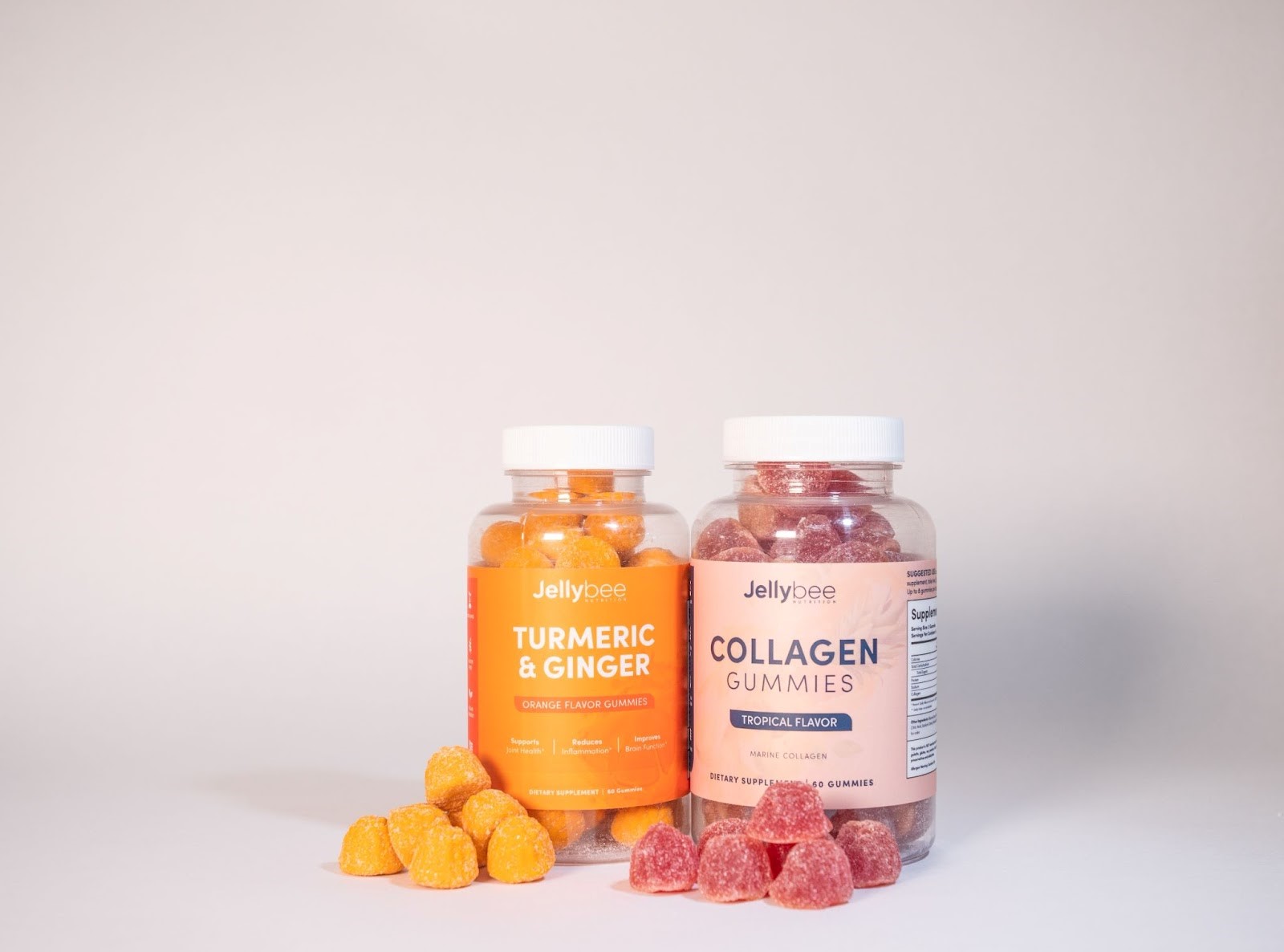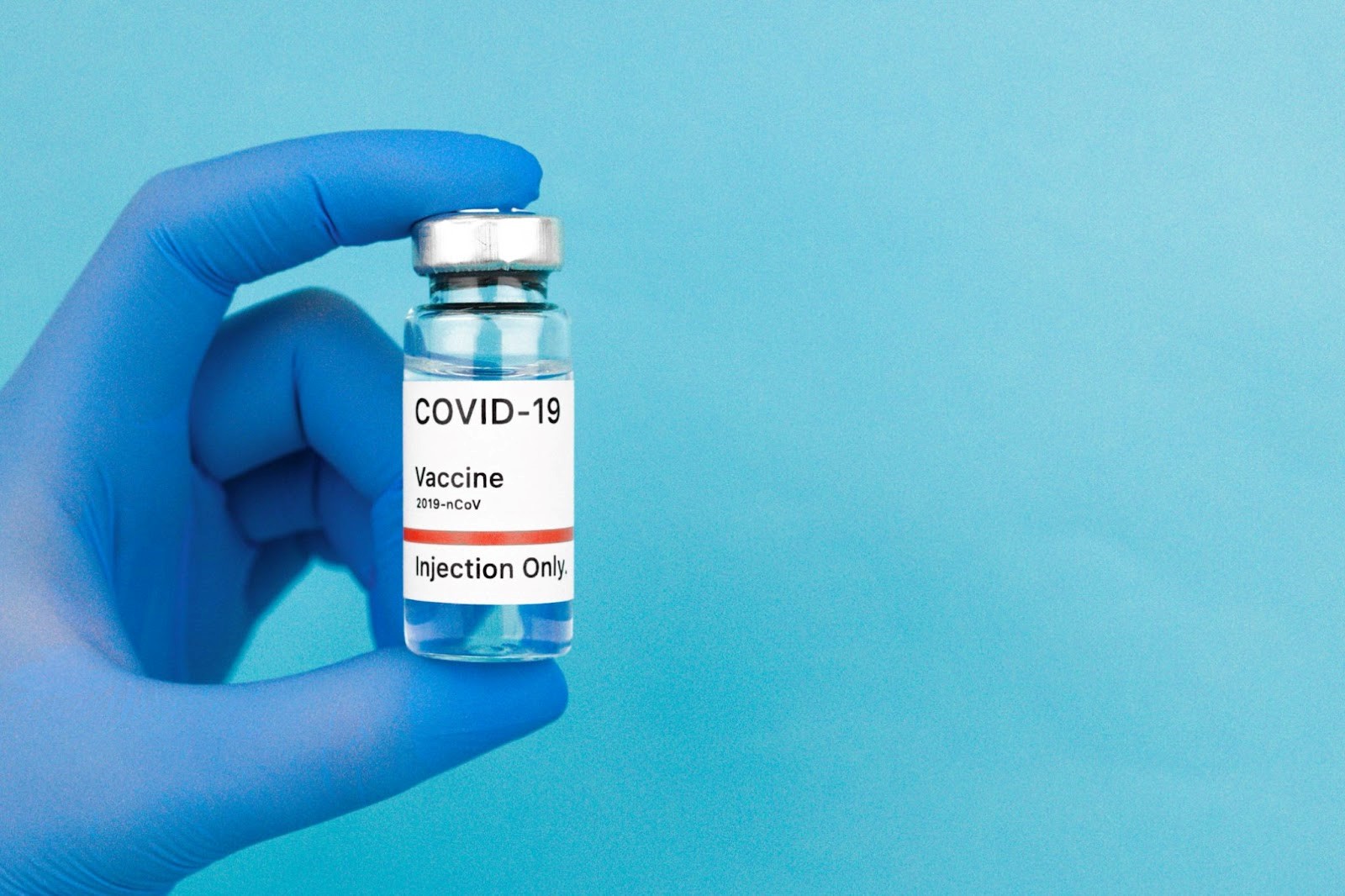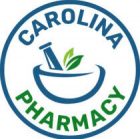After taking medication for an illness or condition, you should expect to feel better. However, some drugs can have effects on the body and may cause adverse reactions. If you’ve ever taken medication and noticed an unusual reaction in or on your body, then it’s important for you to know why it happens and if you should change your medication.
Just like food allergies, you can be allergic to certain medications. Your body can perceive certain drugs as allergens because they are not recognized in your system. Unfortunately, even with a smaller dosage, some medications will still cause a reaction.
Reactions can range from mild to severe to life-threatening, which is why your Charlotte pharmacists want to help you better understand drug reactions, what to look out for, and how to find out which medications are right for you.
Symptoms and Causes of Drug Allergies
Drug reactions or drug allergies have the following causes and symptoms:
Causes
Sometimes, introducing something new to your body might trigger your immune system to believe it is a dangerous substance instead of a helpful drug. This will cause your body to use antibodies as a fighting mechanism to attack the new medication and try to get rid of it.
These antibodies are the reason why you get certain reactions after taking newer medications or eating certain foods. A reaction might happen on the first dose, though it sometimes will not happen until you have used the medication multiple times. In some cases, you will be monitored by your doctor the first time you take a new medication.
Symptoms
Some symptoms you may notice during a drug reaction are:
- Skin rash
- Itching
- Shortness of breath
- Wheezing
- Diarrhea
- Swelling
- Fever
These are mild symptoms of a drug reaction, with the mildest being a small rash on the body. However, drug reactions can be as severe as Anaphylaxis. Anaphylaxis is a severe, life-threatening reaction that causes the throat to close up, making it hard for the patient to breathe.
How to Identify a Drug Reaction
Drug reactions or allergies are just your body trying to protect itself from substances it has identified as “harmful.” When antibodies are triggered, they release chemicals from your body’s cells, which triggers an allergic reaction.
A reaction will typically appear in the form of a rash, diarrhea, or difficulty in breathing. These symptoms–especially a rash–will occur shortly after the mediation has been taken, depending on how serious the reaction is.
However, sometimes you have to pay close attention to your body to figure out if your medication is causing a reaction. Drug reactions can be very subtle, and it’s easy to assume that some of your symptoms are caused by another outside force, like itchy clothing or certain foods.
How Long Will it Take to Notice a Drug Reaction?
Drug reactions take a few hours to two weeks to happen. However, it all depends on the medication itself and the patient’s body. One person might exhibit reactions to certain medications in a matter of hours. Others may experience drug allergy symptoms between one or two weeks. Some people may not even notice a reaction until much later.
However, in the case of a severe allergic reaction (like anaphylaxis), the reaction will typically occur within minutes of taking the medication. Sometimes it may take a bit longer for symptoms to show, but they will usually not pop up later than 24 hours from the time the drug was taken.
How Long Do Symptoms From a Drug Allergy Last?
A drug reaction rash will only disappear when the source of the reaction (the drug) has completely left the body. If you notice any symptoms a few hours after taking a medication, do not take another dose. It’s always best to get in contact with your doctor first.
If your reaction appears a few days or a week or two after you started the medication, you should also stop taking it immediately and reach out to your doctor or the pharmacist that prescribed the medication. Most drug reaction rashes will disappear after a few days or weeks as long as the medication is stopped.
In the case of an anaphylaxis reaction, a drug called epinephrine will need to be administered as soon as possible as a first-aid treatment. This medication will cause the patient’s airways to open up, allowing oxygen into the body and reducing swelling in the throat. The effects from anaphylaxis go away very quickly after treatment is administered.
Benefits of Getting Pharmacogenetic Testing in Charlotte, NC
A pharmacogenetic test is one of the best ways you can save yourself from an adverse drug reaction in the future. Figuring out which medications you need to avoid will help you make the right choices, whether you’re getting your medication from your doctor or getting over-the-counter medication from a pharmacist.
The test doesn’t have to be a hassle either. You can get a convenient pharmacogenetic test in Charlotte at our pharmacy for your peace of mind. With a proper sample, we can test your genes and check the effects of various medications on them. That way, you can be prepared.
Reach Out for a Free Pharmacogenetic Test Consultation at Your Carolina Pharmacy in Charlotte, Lancaster, and Rock Hill

Whether you notice a rash on day one of using your medication, or you start feeling it a few days in, the first thing you always need to do is stop the medication. Mild drug reaction symptoms can start as rashes or hives and then progress into diarrhea and fever if not properly managed. It’s also just as important to get a pharmacogenetic test when you notice an unusual drug reaction.
At Carolina Pharmacy, we provide convenient pharmacogenetic testing in Charlotte, Lancaster, and Rock Hill, to help you with any drug reactions you might have. We are devoted to your health and overall wellness, which is why we provide the highest quality prescriptions and personal healthcare services.
Contact us to schedule your appointment today and let us help you make healthcare easy.
